Scott Allan glanced at his football boots and felt overwhelmed with the emotions of the news he’d been given.
Allan was diagnosed with the heart condition hypertrophic cardiomyopathy (HCM).
He was facing the very real prospect that his career was over.
The former Celtic, Dundee United and Hibernian star has lived almost his life with Type 1 diabetes.
But at 28, Allan feared it was going to come to abrupt end due to his HCM diagnosis.
Allan said: “I can remember looking at my football boots and thinking: ‘I’ll never wear them in a stadium again.'”
The midfielder, a Diabetes UK ambassador, also supports the incredible work of the British Heart Foundation (BHF).
Now at Arbroath, he has shown a dogged determination to continue playing the game he so dearly loves.
But memories of that career-defining day in 2020, remain at the forefront of his memory.
“I had been feeling dizzy and breathless in training,” Allan told Courier Sport.
“It went on and ten minutes into a game with Aberdeen I didn’t feel right. I had to get checked out.
“I went to London to see one of the leading cardiologists in the world, Professor Sharma.
“He put me through the exercise stress test but he told me to go to his room.
Retire
“His facial expressions told me he was uncomfortable about the test.
“Straight off, he advised I should retire.
“I broke down. I’ve lived most of my life with diabetes and managed it to keep playing.
“But this was nothing to do with my diabetes.
“That made it harder. It was a massive surprise.
“I flew back the next day and had difficult conversations with my family.
“My head was scrambled but I went into Hibernian because I wanted to be around my team-mates.
Thanks for having me enjoyed meeting everyone and seeing how their work is making a difference ❤️ https://t.co/SWhIdCMTJ1
— Scott Allan (@ScottAllan_) February 15, 2023
“My boss, Jack Ross, had been told by the doctor that it looked like I’d have to retire.
“He held a meeting with the players and it was very difficult to see how upset they were.”
Allan initially accepted his fate and began studying for an alternative career.
But he didn’t want his career to end.
With support from his agent Alan Houldsworth, he sought a second opinion from an HCM specialist in New York.
Allan’s first diagnosis was complicated by the dehydration side-effects of diabetes.
And after the specialists in New York and London collaborated, he was given the news that he could play on with HCM.
Allan still has to take special care around his diet and hydration levels and gets a heart scan every six months.
But far from shying away from his story, he has met it head on.
Scott Allan supports BHF
Allan spent several hours visiting the University of Glasgow’s School of Cardiovascular and Metabolic Health earlier this week to gain an insight into their research work.
His career may have been impacted by HCM, but Allan won’t let it beat him.
“In my first game back we lost 3-0 to St Johnstone in a semi-final at Hampden,” said Allan.
“But just being out there was so special.
“I’ve not suffered the same HCM symptoms recently. My diabetes has been good, as has my hydration.
“There’s no doubt this has derailed me. I went from my best season ever to this.
“My story has been in the media so some clubs don’t want to touch me in case something happens.
“It’s on my medical history so there’s no hiding from it and I wouldn’t want to.
“I wanted to spend time with the BHF team in Glasgow and see how their work is making a difference.
“Understanding more about my condition is so important and research is key. Support for charities like BHF is vital.”
Christian Eriksen
Christian Eriksen has been practising free-kicks as he prepares for a possible return to playing following his recovery from the cardiac arrest he suffered at Euro 2020. pic.twitter.com/sstUYFMxCC
— Sky Sports News (@SkySportsNews) January 4, 2022
Manchester United star Christian Eriksen suffered a cardiac arrest during Euro 2020 in Denmark’s game with Finland.
There’s nothing to suggest Eriksen’s condition is in anyway linked to HCM.
But for Allan, it highlights, the need for people to be careful.
“I remember watching the game when the incident with Eriksen happened,” said Allan.
“Mum phoned me and said: ‘Don’t play anymore.’ That’s a natural reaction.
“We don’t know what Christian’s diagnosis was or what factors happened that day.
“On the face of it, he looks really fit. But these type of things can happen to any person.
“It can and does happen every day.
“It’s one of the worst things you can see when it happens in front of you.
“When it’s at that level of football and team-mates are trying to hide him, you know something is seriously wrong.
“On the plus side, it shows what you can do by putting people into the right position. A quick response can save a life.”
BHF work
BHF are currently funding more than £50 million of research in Scotland.
They have launched a new free digital tool, RevivR, to encourage people to learn CPR in 15 minutes.
Established in 1961, the BHR has contributed towards halving the annual number of people dying from heart and circulatory diseases (CVD) in Scotland.
Three in ten deaths in Scotland are still as a result of CVD, and it impacts 700,000 people in our country.
David McColgan, Head of BHF Scotland, said: “It has been a pleasure to introduce Scott to our amazing research team in Glasgow and to showcase some of the ground-breaking science taking place here and in Scotland.
“This is thanks to the generosity of the public.
“For more than 60 years, BHF-funded research has turned ideas that once seemed like ‘science fiction’ into reality.
“With the public’s continued support we will discover new treatments and breakthroughs for heart and circulatory diseases to help keep families together for longer.”
To support the British Heart Foundation this Heart Month, visit bhf.org.uk/heartmonth #HeartMonth
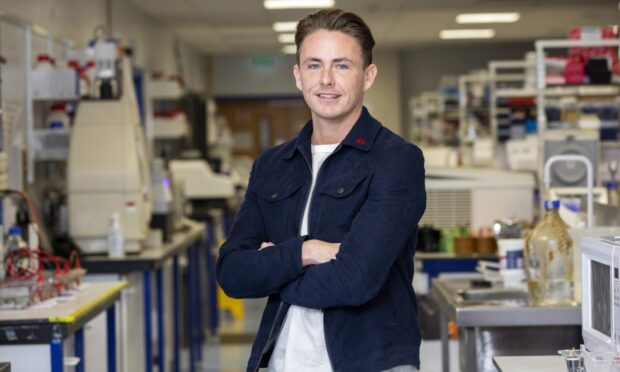

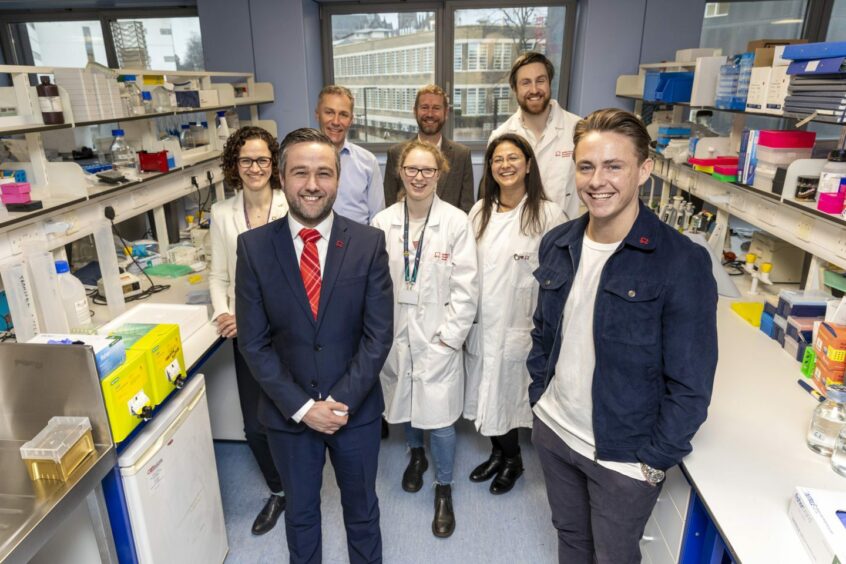



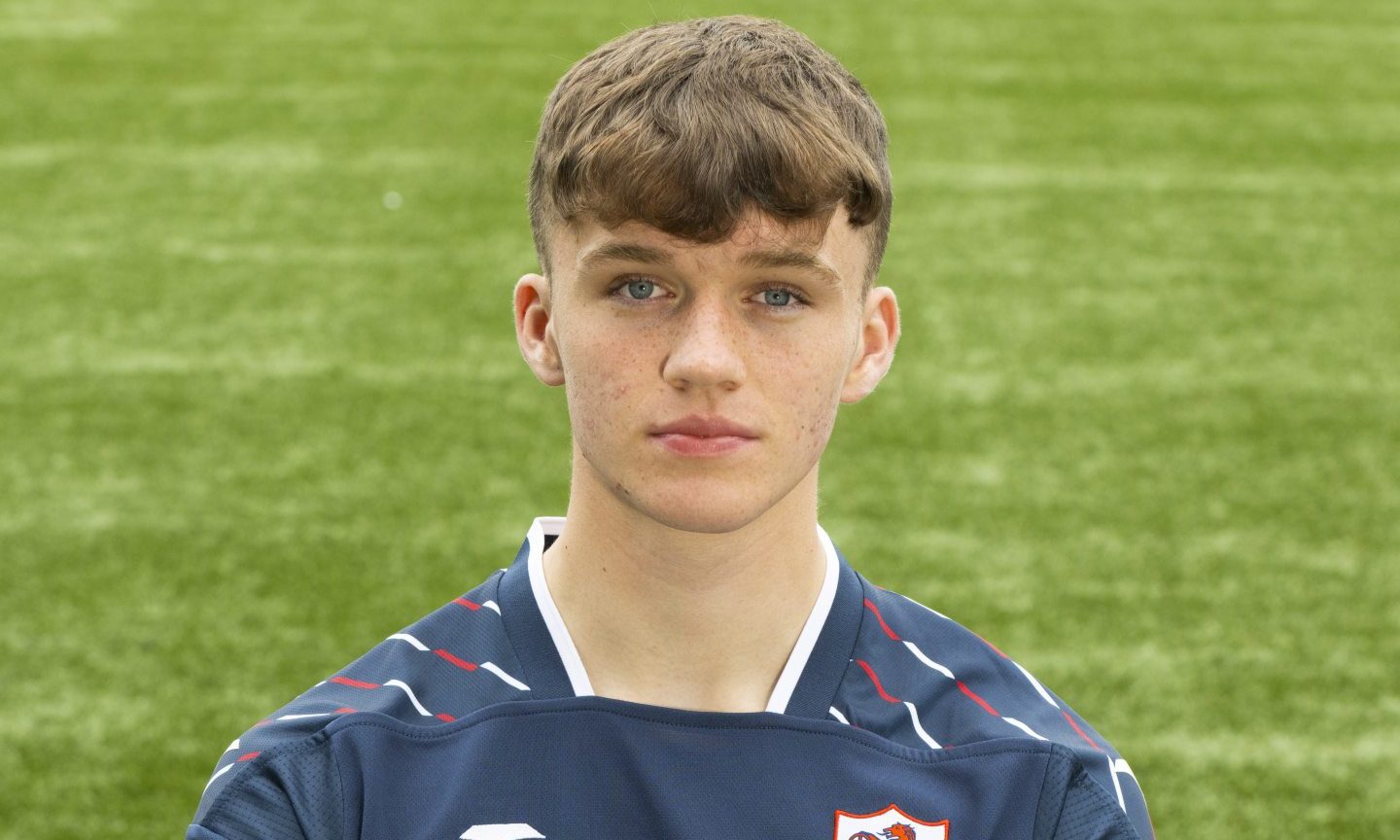
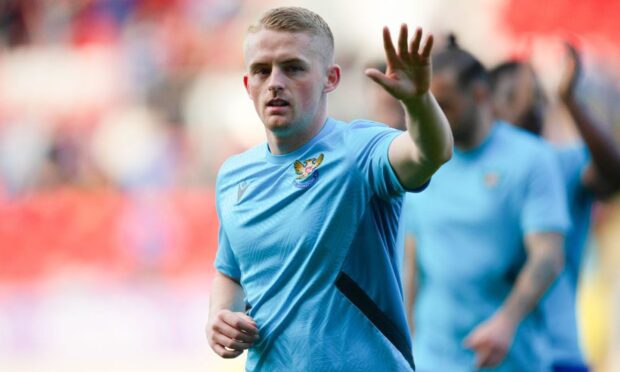
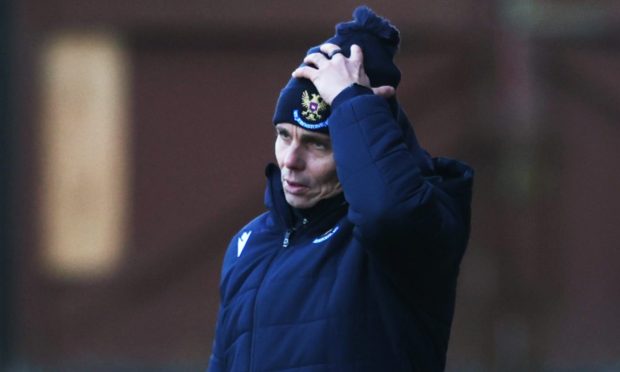
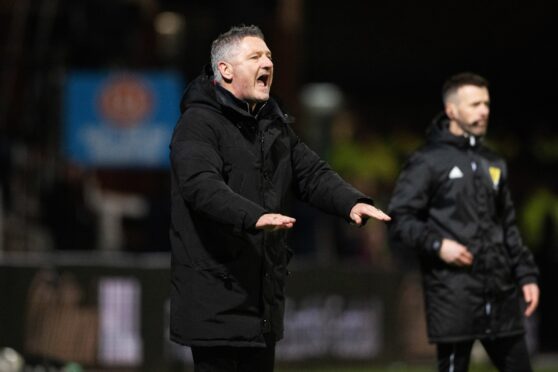
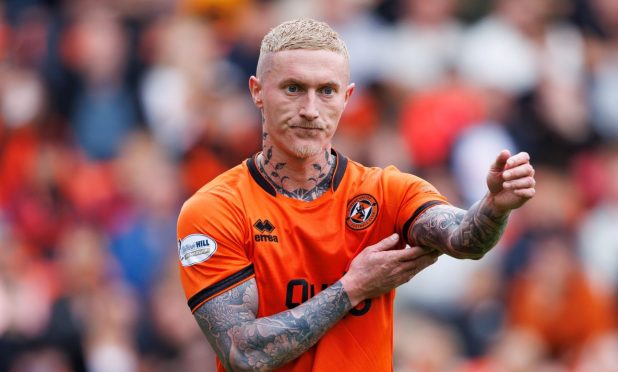

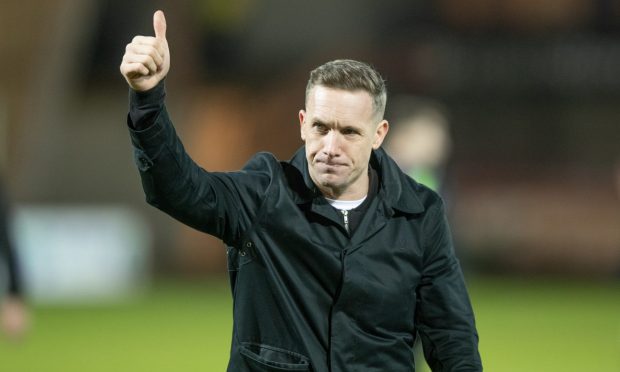
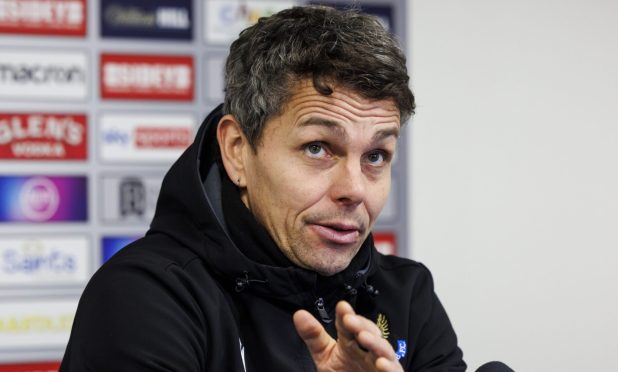
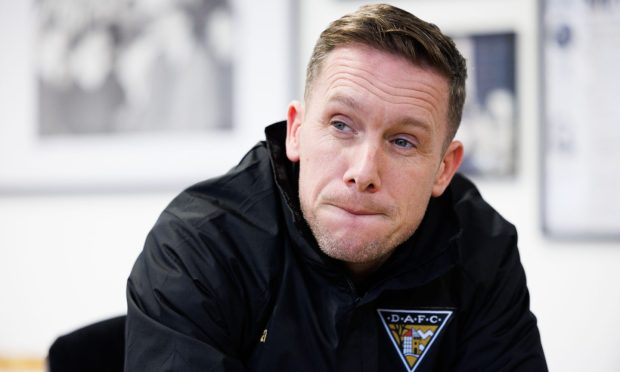
Conversation